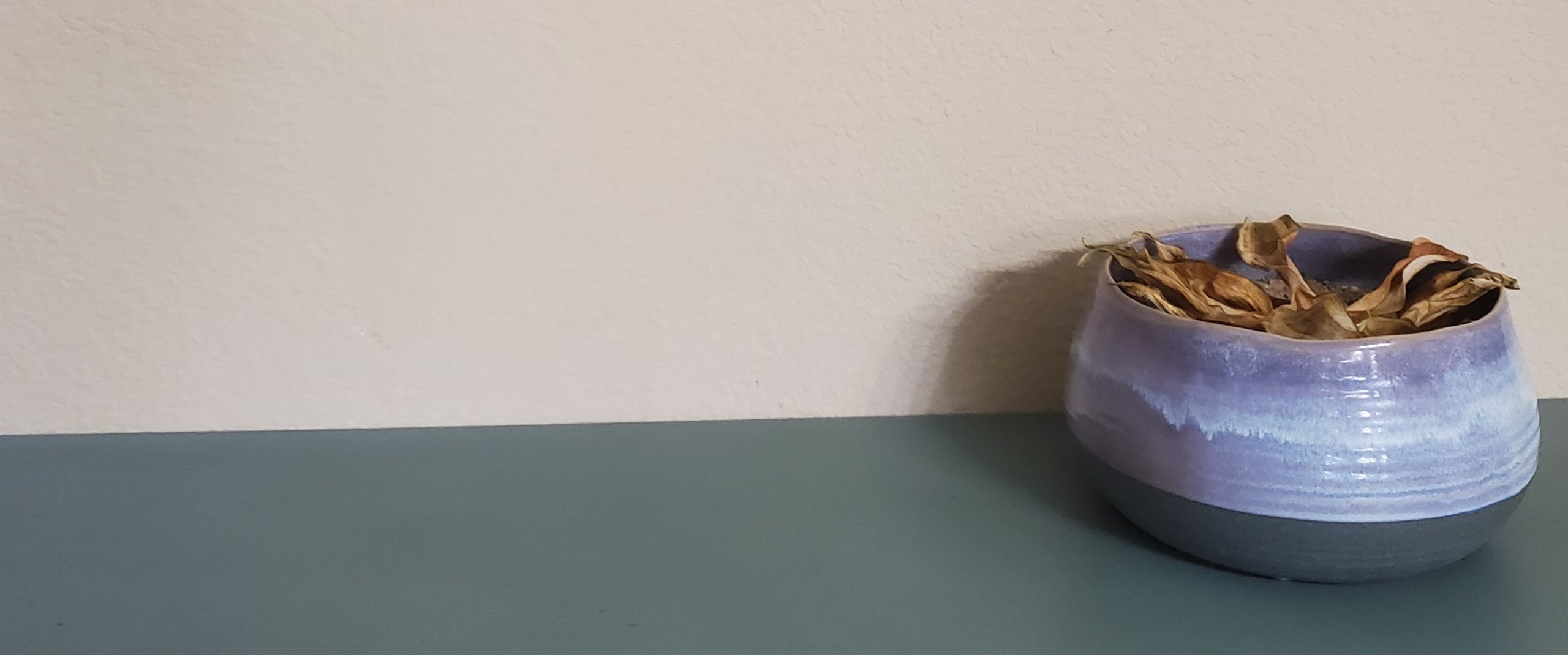
Dead.
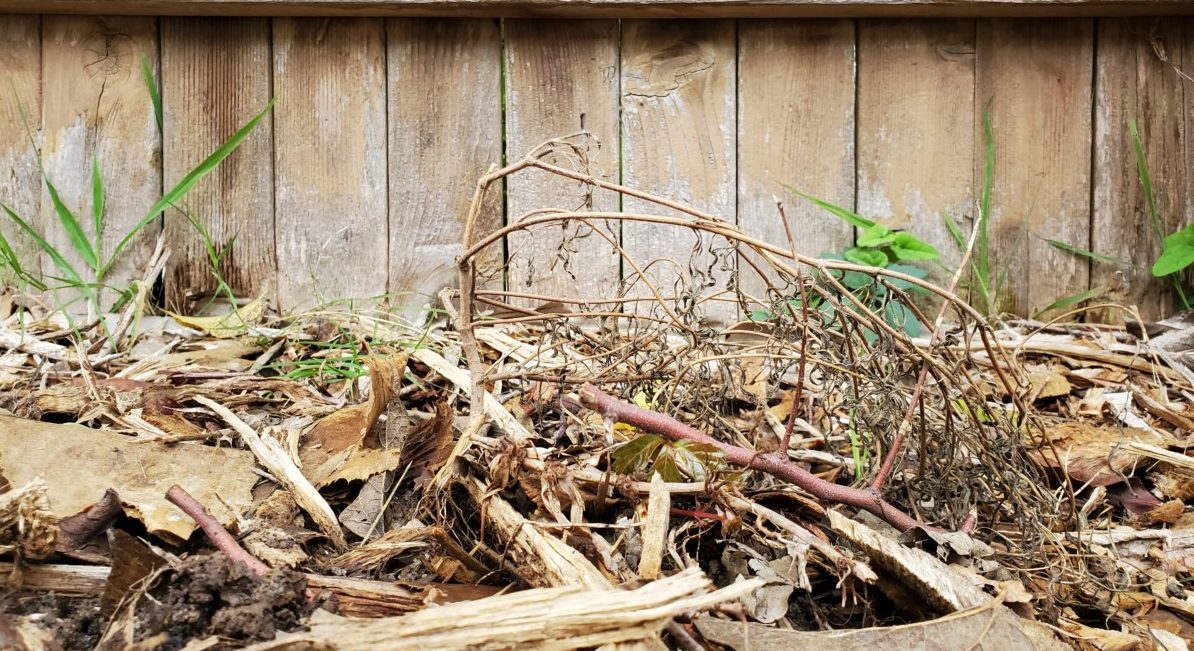
Again.
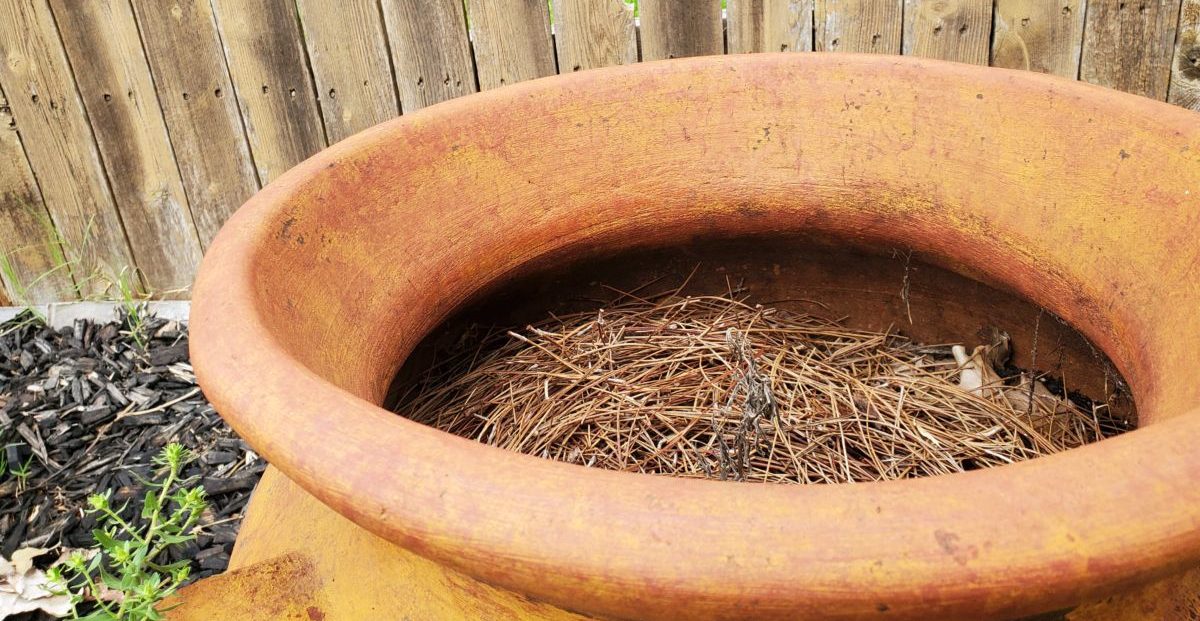
I suck.
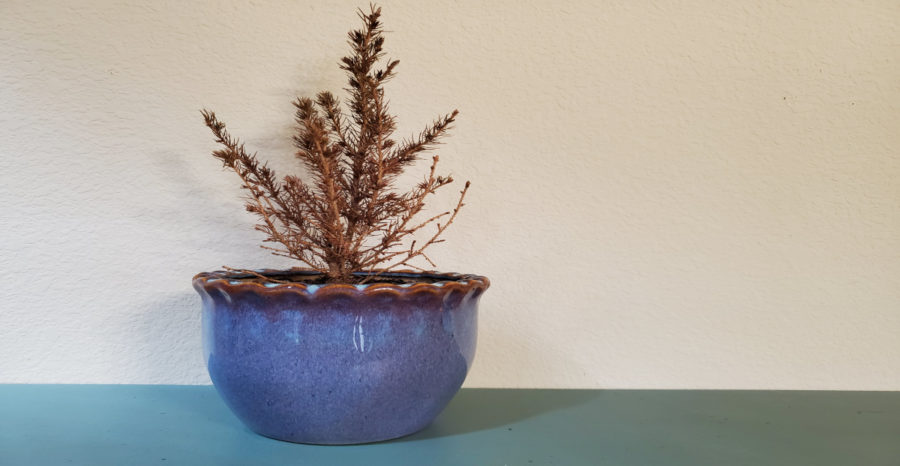
I’ll never get this.
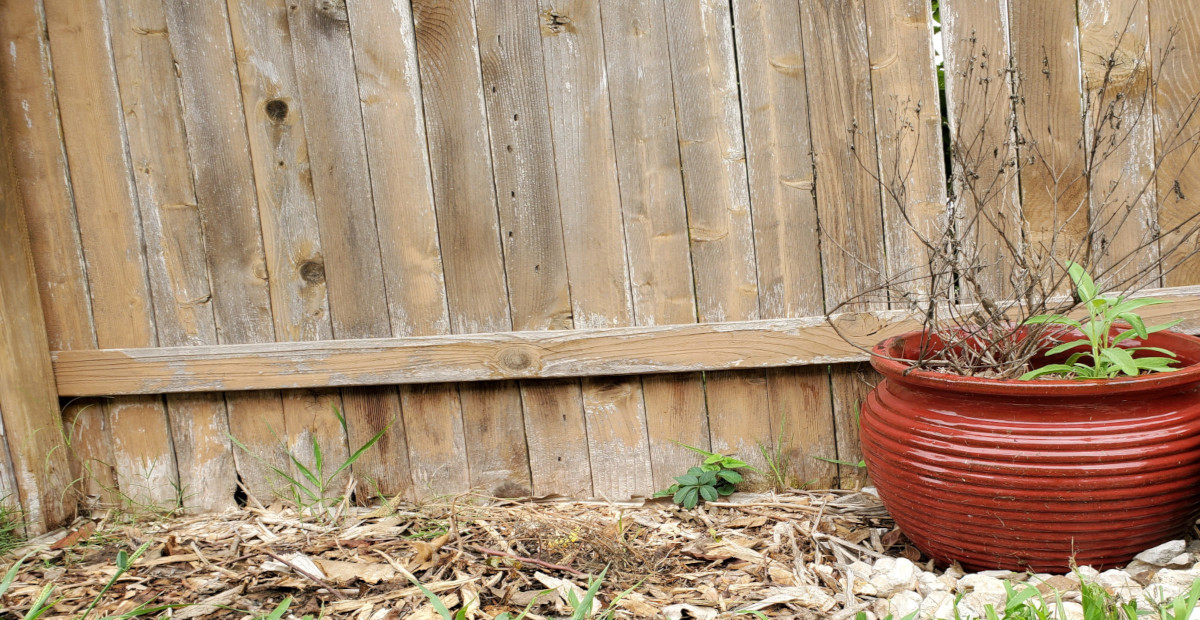
Murderer.
Sound familiar?
Gardening Pros
Gardening can be addictive. There is sheer pride and joy when you create your own urban jungle or harvest your first homegrown vegetable (even if it’s a butternut squash that fits in the palm of your hand). Now that we’re in COVID times, there are many more people realizing the wonderment of gardening. Welcome aboard!
Participating in the life of a plant is sacred. We take it for granted when we walk by a neighbor’s flowerbed or we buy our groceries. When you plant something and nurture its growth yourself, you get to work hand-in-hand with Mother Nature. And it’s wonderful. There is just something irreplaceable about gardening and the magic of bringing new life into the world. Sure, the labor pains tend to be MUCH less intense than what biological mothers experience, but the rewards are still there.
I love the highs that come from gardening. Sometimes I spend all evening sitting in my hammock, looking peacefully around my backyard. Other times I inhale a long, allergen-filled breath of air after a morning of weeding, landscaping, and cultivating. With each exhale, I think about how good life is.
Gardening Cons
Well, with life comes death. Sorry, folks! I’ve tried to find my way around it, but it can’t be done. Now don’t get me wrong. Always do your research, because sometimes we can keep death at bay. The quick fixes?
- Watering too little
- Watering too much (yes, that is a thing)
- Wrong size pot
- Too little sunlight
- Too much sunlight (in the middle of the summer in Central Texas, you can almost hear non-native plants in full sun shrieking in misery)
- Wrong type of soil
- Needs fertilizer
- Oops! Now you’ve over-fertilized
Helpful, right? Ehhhhhhh, maybe. There are plants that I will literally never know if they died because they were overwatered or because they were underwatered. I mean, seriously? If you need help beyond what Google finds for you, I always recommend asking your local gardening store or any gardeners you know for help.
But I’ll say it again: with life comes death.
I don’t care how many articles you read, how many people you ask, how many solutions you try – you will kill something. Or, if you want to be more psychologically healthy about it – something you are growing will die. And it can happen relatively often.
When we have a hand in the growth, we also have a hand in the death. It may even feel like we single-handedly snuffed out life’s flame. And maybe we did. When I spent 3 weeks refusing to look at the plants I was neglecting, knowing that if I looked, I might find them dead…well, I was definitely increasing the odds.
I mean, let’s think about this.
- You don’t water your plants when they need it.
- Later you realize: Eek – I should have watered my plants. That’s not good.
- That leads to: Watering the plants! Ding, ding, ding! We have a winner!
Anyone hanging their head in shame? Yeah, me too. Sure, these steps make logical sense, but they neglect the human condition.
Acceptance Brings Us Back to Life
My dad is the plant whisperer. I grew up with everyone on the bus route to school knowing my house – “the one with all the flowers! ”When I moved to Central Texas a few years back, I was finally stable enough in my career that I could live in one place for a while, so I took the opportunity to expand my plant family. I was excited to show my dad what I was growing inside and on the porch.
But first there was the gnat infestation of 2018. Oh man, it was bad. We couldn’t leave cups of water out or there’d be little bodies floating in them. There was a lot of yellow sticky paper, Mosquito Bits, plants moved outside, and skipped watering to get rid of those suckers.
Then there was the death porch of 2018. (As you can see, I learned a lot that first year.) A west-facing, concrete porch in Central Texas during the summer is not a plant’s best friend. Turns out, even succulents hate it. I thought succulents were like cacti. Spoiler Alert: they are not.
Then there were the times when things died without any clear reason why. Those irritate me the most. Like, fine. Die. But you best make it clear why you are dwindling into nothingness.
OK, back to my dad, gardener extraordinaire. My parents made it to town and we were showing them around the apartment. When we started looking at my plants, the conversation went something like this:
Me: “I wish I was as natural at this as you are, Dad. I kill like 50-75% of everything I grow.”
My dad: “That’s how I started, too. You learn as you go.”
Me: “Nu uh! You’ve always been so good at gardening!”
My dad: Looking amused, “You met me after I had been doing this for years.” He then proceeds to tell me about some of the first plants he killed.(Apparently, Sheryl Crow was right, the first cut, or plant death, is the deepest.)
Me: “Huh, who’d have thought!” I avoid my then-boyfriend’s eye contact. Because, damn it, here’s another time where I found out he was right all along. (Man, this blog is not good for my marriage. I’m starting to lose some serious points here.)
Here’s the thing. If you are not willing to allow for death, you can quicken its pace. If you are not willing to allow for death, you will never be able to fully participate in life. Think back to my story about avoiding my plants for 3 weeks. My fear and guilt made me go from the possible reality that my plants may have died to the probable reality that my plants had definitely died.
Yes, having plants means that you will have to deal with the sadness and frustrations of death and failure. But it is almost always outshined by the pride and beauty if you let it.
Your Homework Assignment
Sadly, as wise as my words are, reading them is not enough. If you really want to garden but you find you are getting in your own way, here’s what you do.
Say it with me:
Plants are going to die, and sometimes it will be because of me, and THAT IS OK.
Did you believe it? No? Then say it again, with gusto!
Plants are going to die, and sometimes it will be because of me, and THAT IS OK.
Still no? And again!
Plants are going to die, and sometimes it will be because of me, and THAT IS OK.
Say it in the mirror, in your journal, to your friends, make a jingle out of it, do it until you are blue in the face and until…you start to believe it a little bit. Or maybe you just don’t immediately roll your eyes and scoff in disbelief. Baby steps.
Here’s another challenge:
Sit with each plant when it’s dying / died. Take in its life cycle. Acknowledge how it entered and left your world. If there is disappointment or pain or guilt, turn toward it. If you don’t have much of a reaction at all or if this plant’s end was just meant to be, turn toward that, too. If it’s not too new age-y for you, tell the plant when you feel sorry for how its life ended. Heck, throw a eulogy if you want. (I’m not kidding.) Find your way to allow for the experience of death so that death stings a little less. When it has less of a sting, you can then see its lifecycle and learn from it so you can begin again, much like how many plants must die in order to reseed and grow anew.
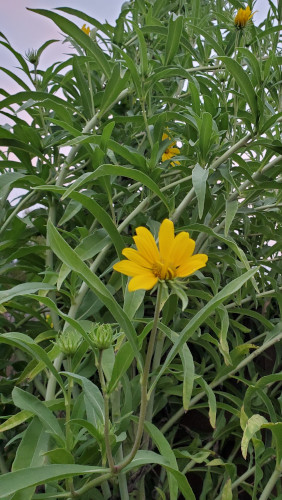
Corinne Z says:
Great read!! I wondered if its not just acceptance of the inevitable and uncontrollable,, but also acceptance of our own powerlessness over others (in this case plants) and the frustration that comes from being unable to produce the outcome we desire. These reminders of a power greater than ourselves are humbling and you’ve embraced them. Bravo!
E Murphy says:
Yes! I was actually talking to someone about that this last month. We try to control the external world like we are able to control the internal world. Acceptance of our own powerlessness over others is definitely key.